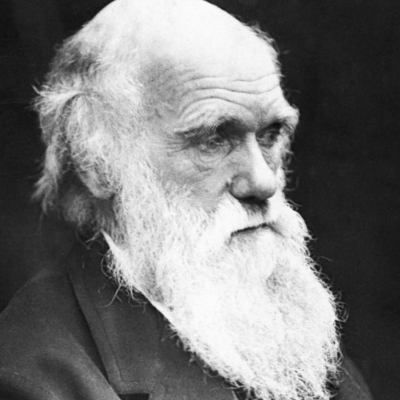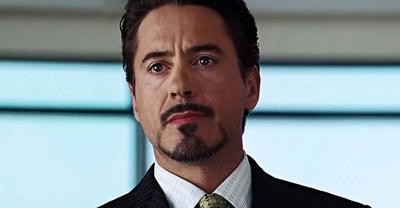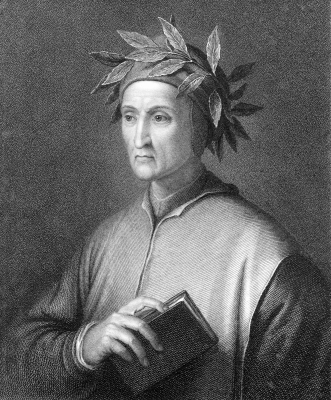Who is the father of natural evolution?

The theory of evolution by natural selection, first formulated in Charles Darwin's book "On the Origin of Species" in 1859, describes how organisms evolve over generations through the inheritance of physical or behavioral traits, as National Geographic explains. The theory starts with the premise that within a population, there is variation in traits, such as beak shape in one of the Galapagos finches Darwin studied. Individuals with traits that allow them to adapt to their environments will help them survive and have more offspring, which will inherit those traits. Individuals with less adaptive traits will less frequently survive to pass them on. Over time, the traits that allow species to survive and reproduce will become more frequent in the population and the population will change, or evolve. Through natural selection, Darwin suggested, a diverse life-forms could arise from a common ancestor.
Darwin chose the term "natural selection" to be in contrast with "artificial selection," in which animal breeders select for particular traits that they deem desirable, according to National Geographic. In natural selection, it's the natural environment, rather than a human being, that does the selecting.
Put simply, the theory can be described as "descent with modification," said Briana Pobiner, an anthropologist and educator at the Smithsonian National Museum of Natural History in Washington, D.C., who specializes in the study of human origins.
The theory is sometimes described as "survival of the fittest," but that characterization can be misleading, Pobiner said. Here, "fitness" refers not to an organism's strength or athleticism but rather its ability to survive and reproduce.
Credit : National Geographic Society
Picture Credit : Google

